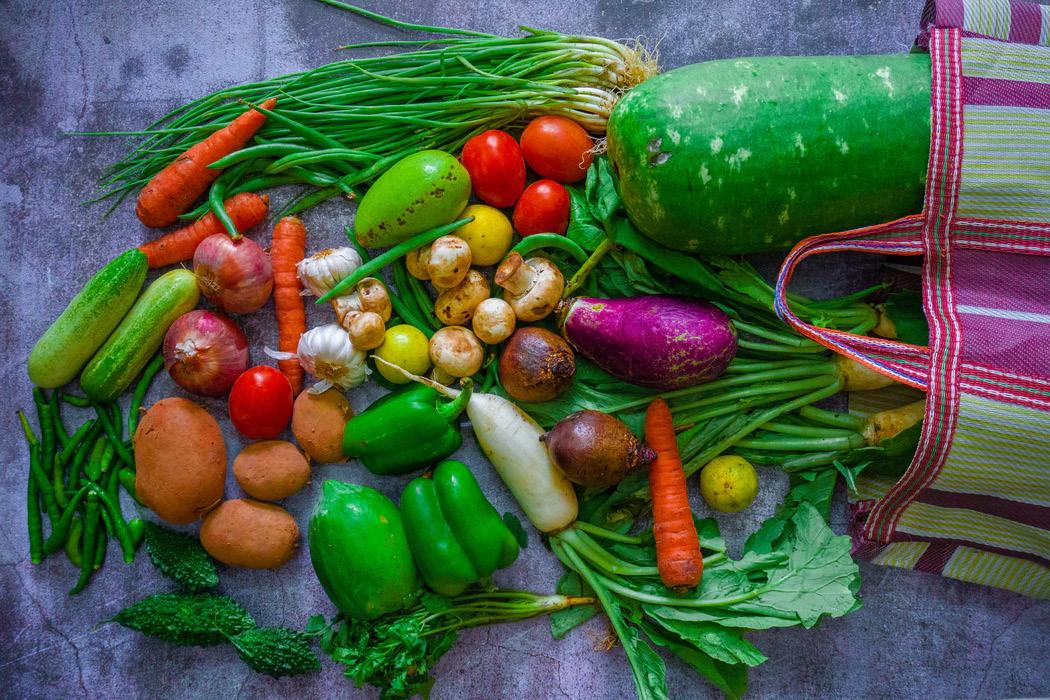
1 minute read
Importance of Seasonal Produce
When fruits and vegetables are picked for consumption that have been naturally ripened on the vine or the tree and harvested at the right time, it will have much more flavour and nutrition than when artificially ripened. Artificially ripened produce changes texture and taste before it goes onto the shelves hence greatly reduces the flavour and nutrients. Perhaps another tangible benefit of eating seasonally is that it will save you money on food. When you buy food that is in season, you buy what is at the peak of its supply, and costs less to farmers and distribution companies to harvest and get to your grocery store. Researchers from the Austrian Consumers Association confirm that vegetables picked and frozen when in season are higher in nutrients than those flown in out of season from abroad. The British Nutrition Federation recommends that people eat fruits and vegetables in season because fresh fruit and vegetables have higher vitamin C content, and they are also cheaper and more available. Food that isn’t in season has usually travelled huge distances to get to us and Vitamins degrade over time and with storage, so the fresher the better. Also, if things have been in transit for a long time, vitamin C levels go down. When your food travels around the world to get to you, it uses lots of energy which means lots of greenhouse gases; and the longer the shelf life of the produce, the more preservatives to add to it. Produce which is in season tends to also be local food, which means much lower greenhouse gas emissions.

Advertisement











